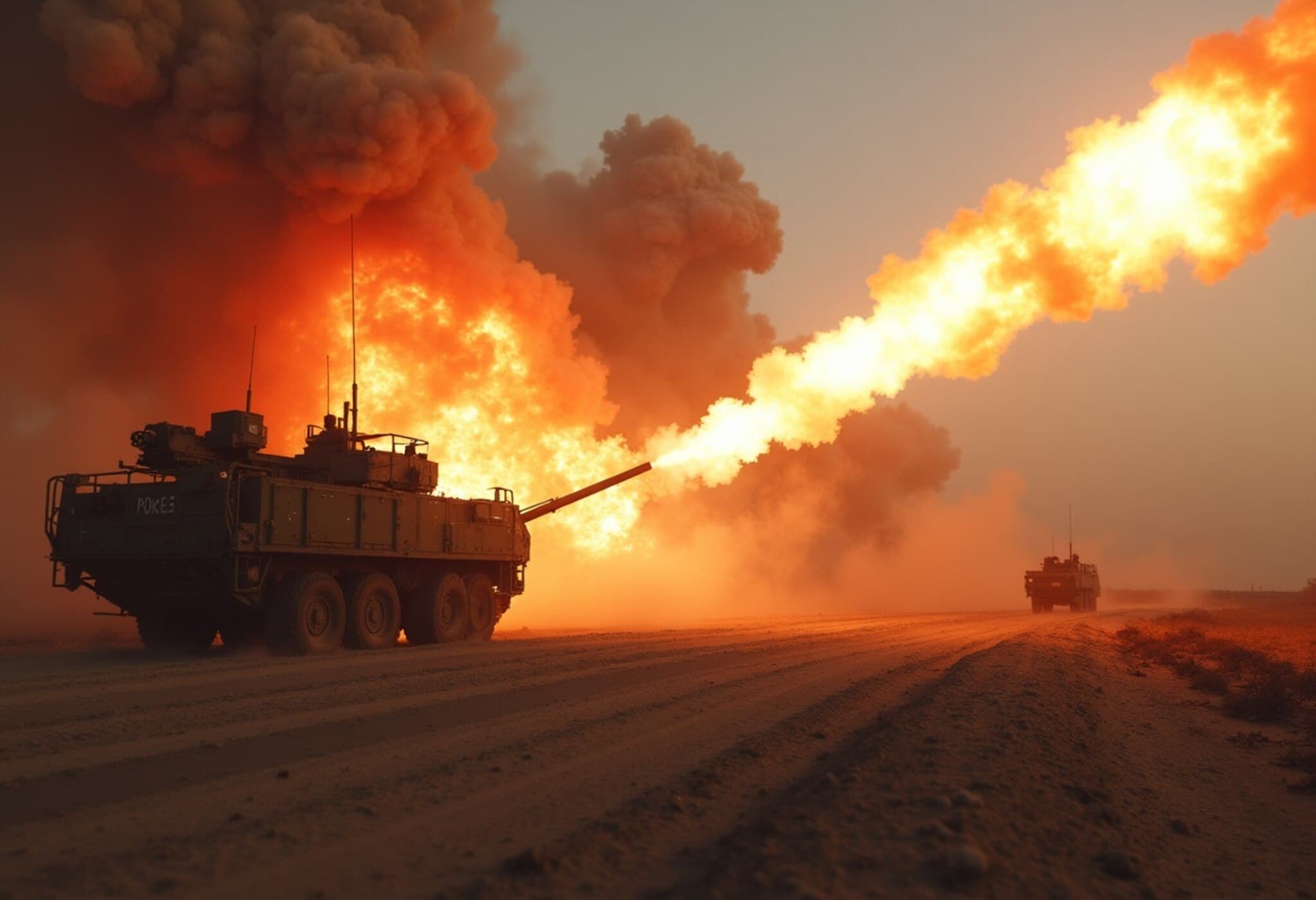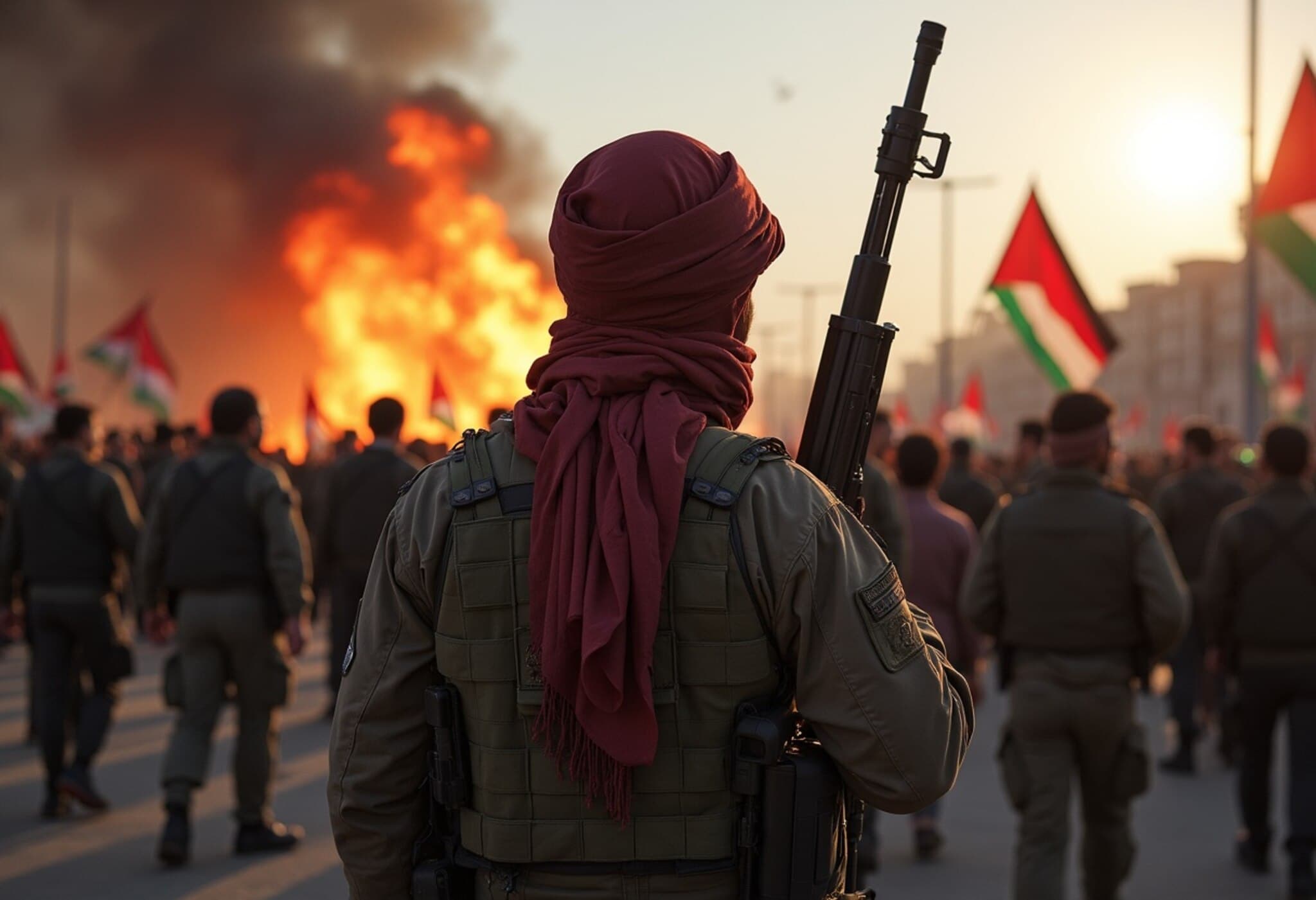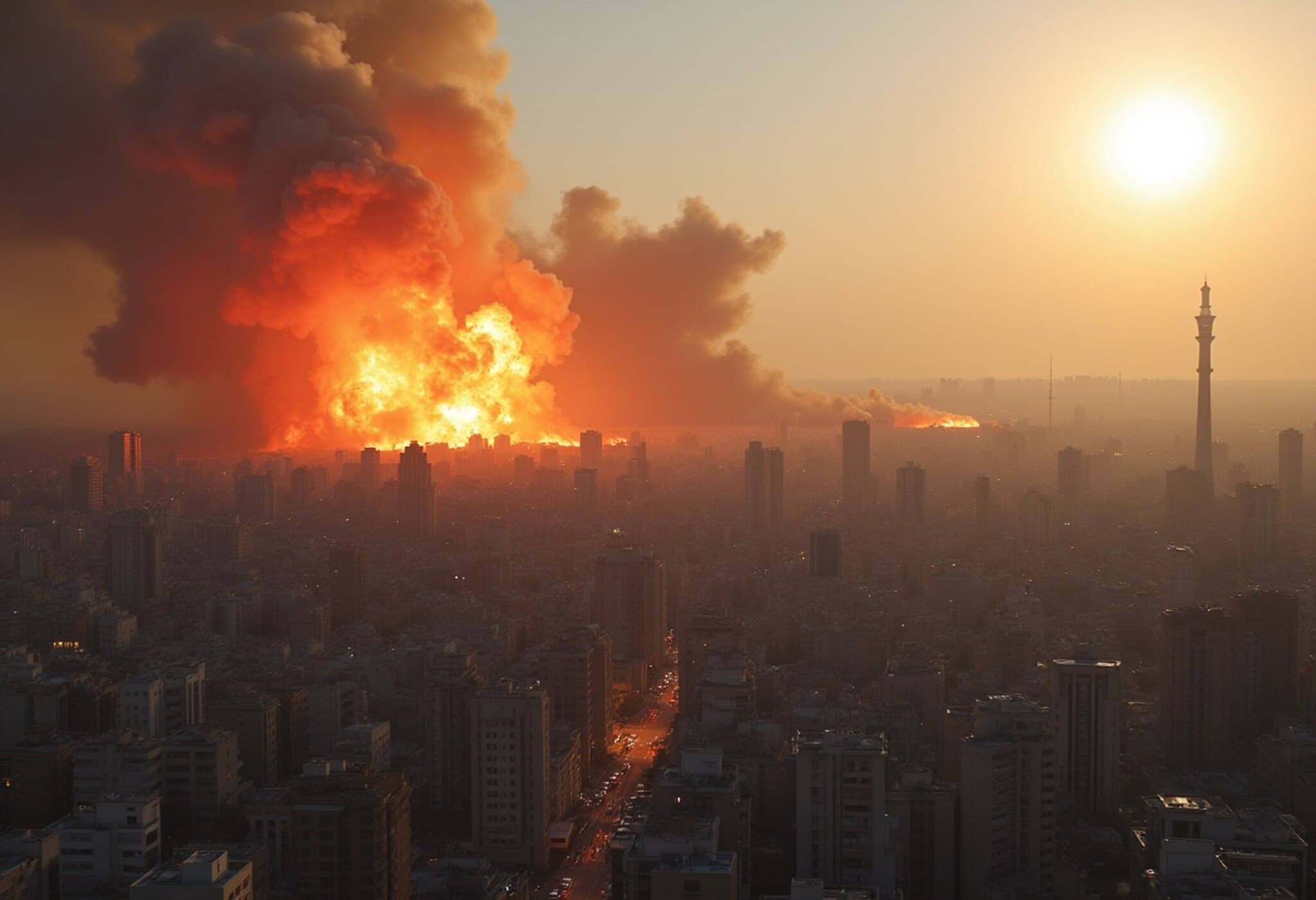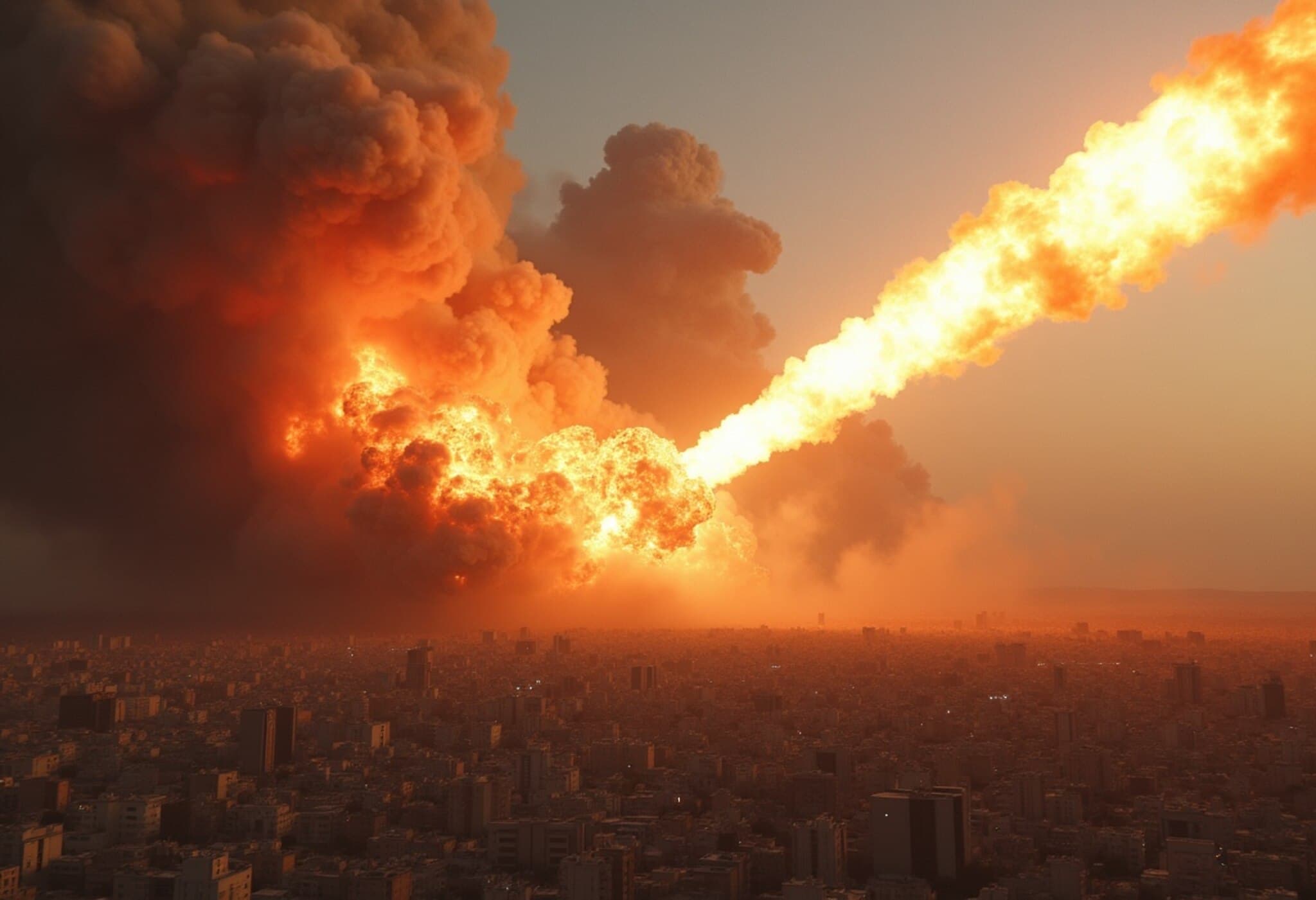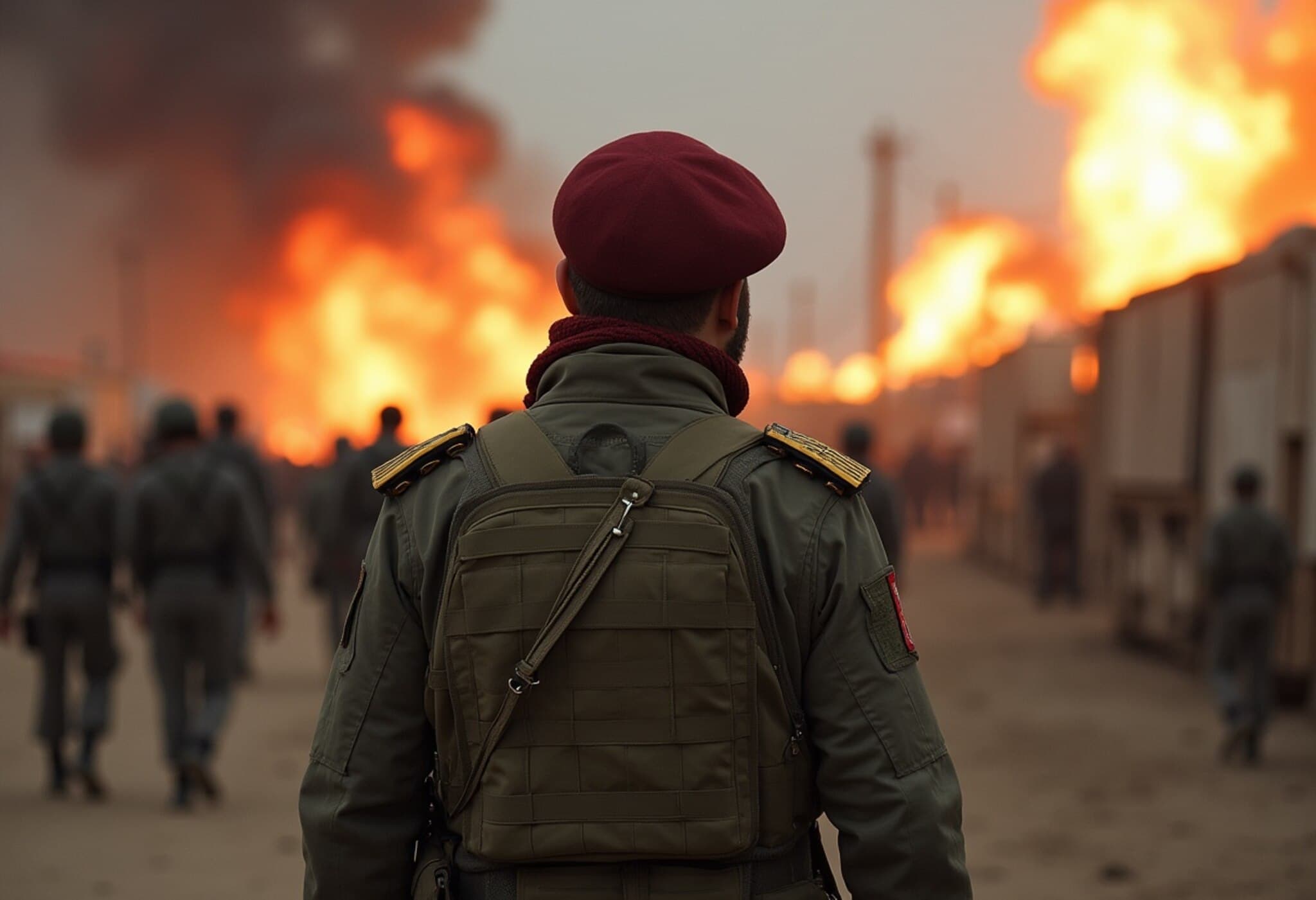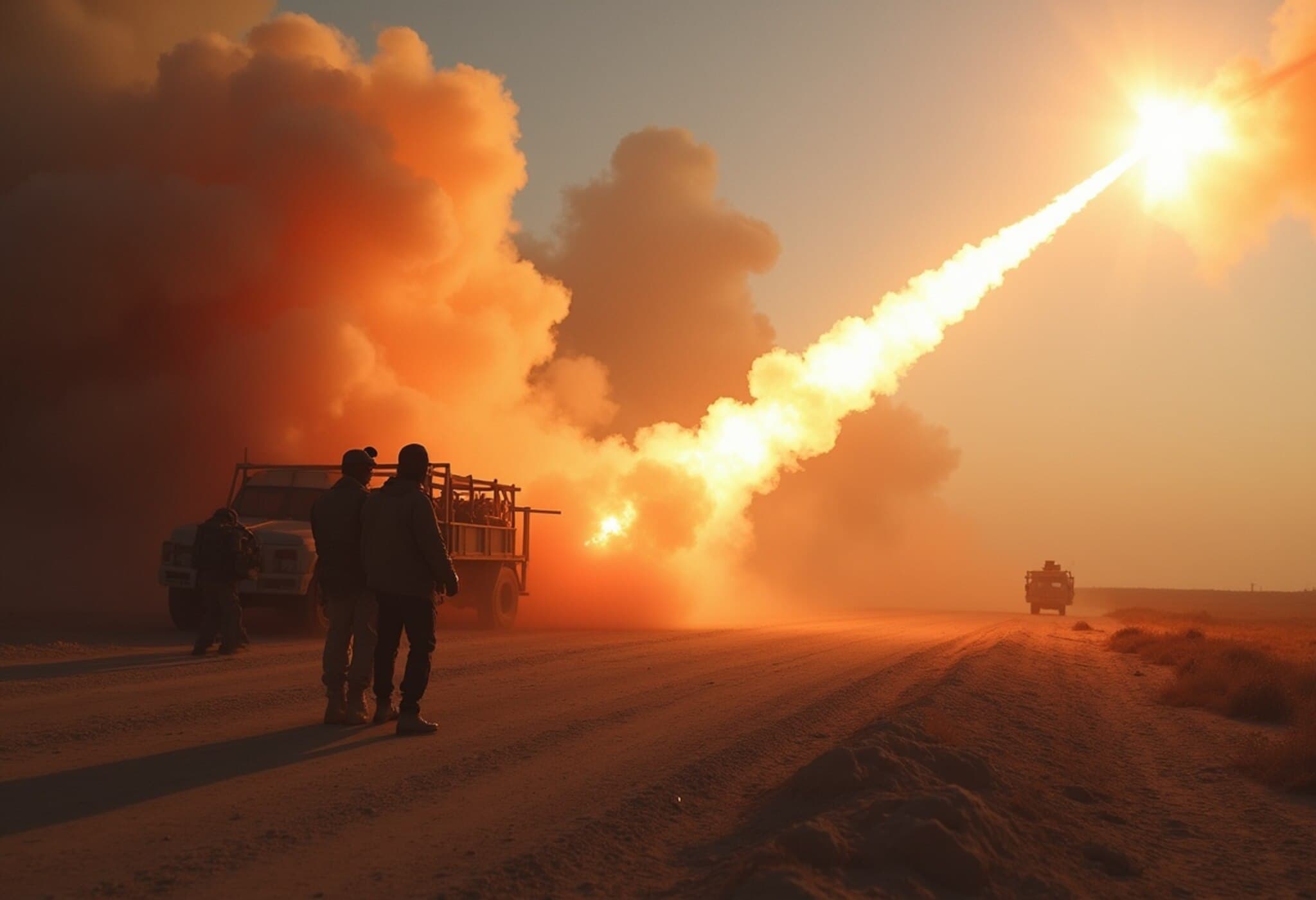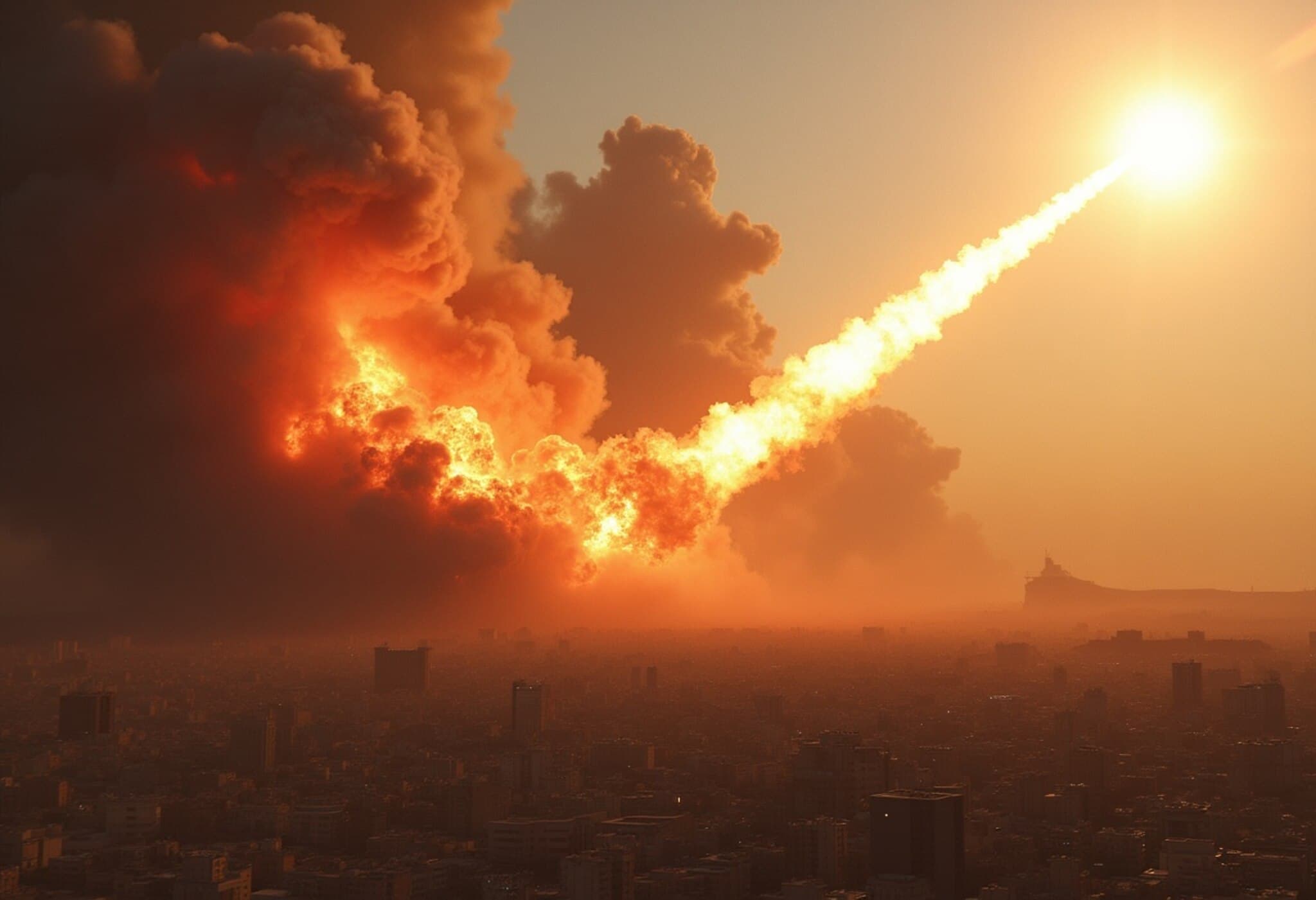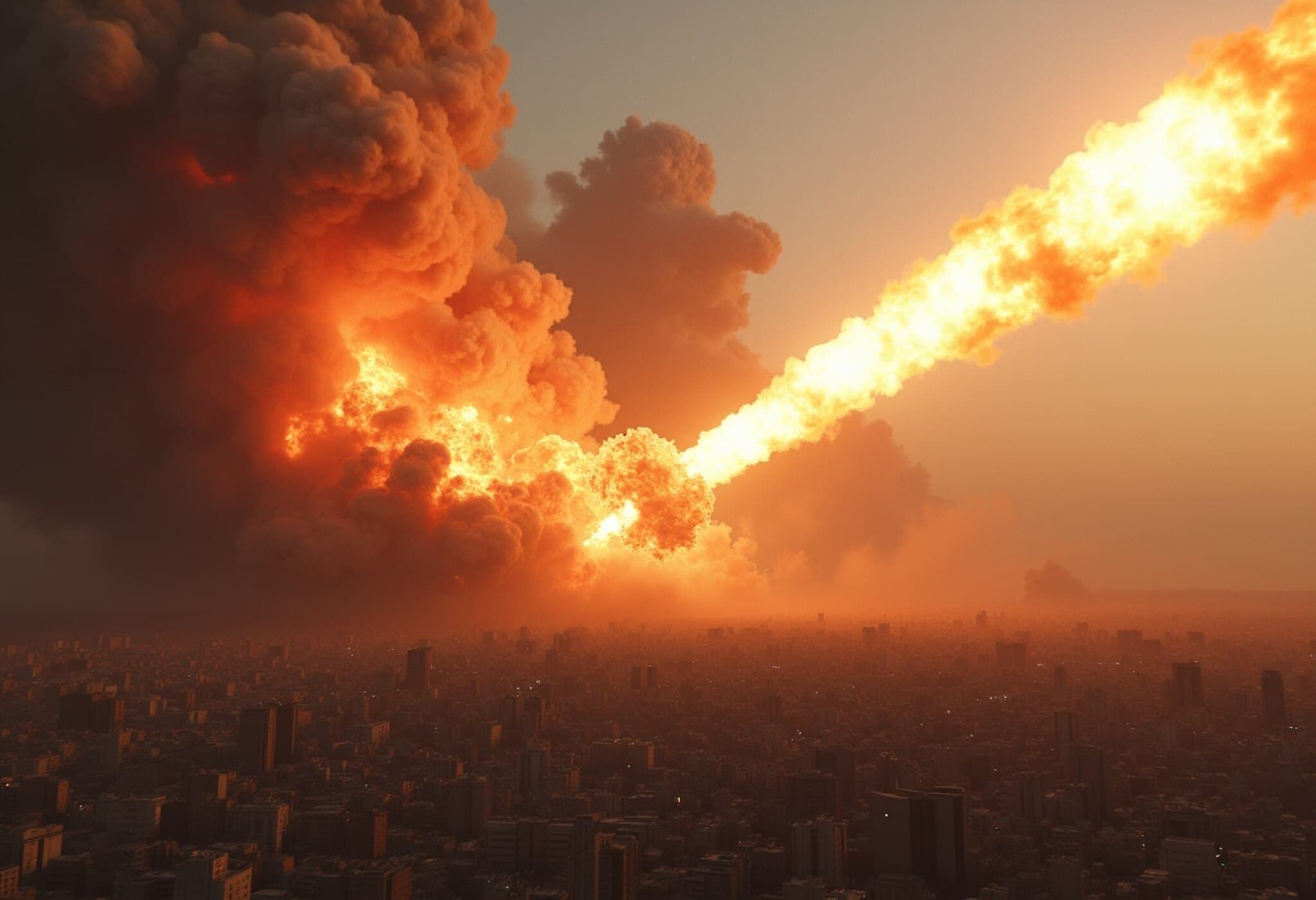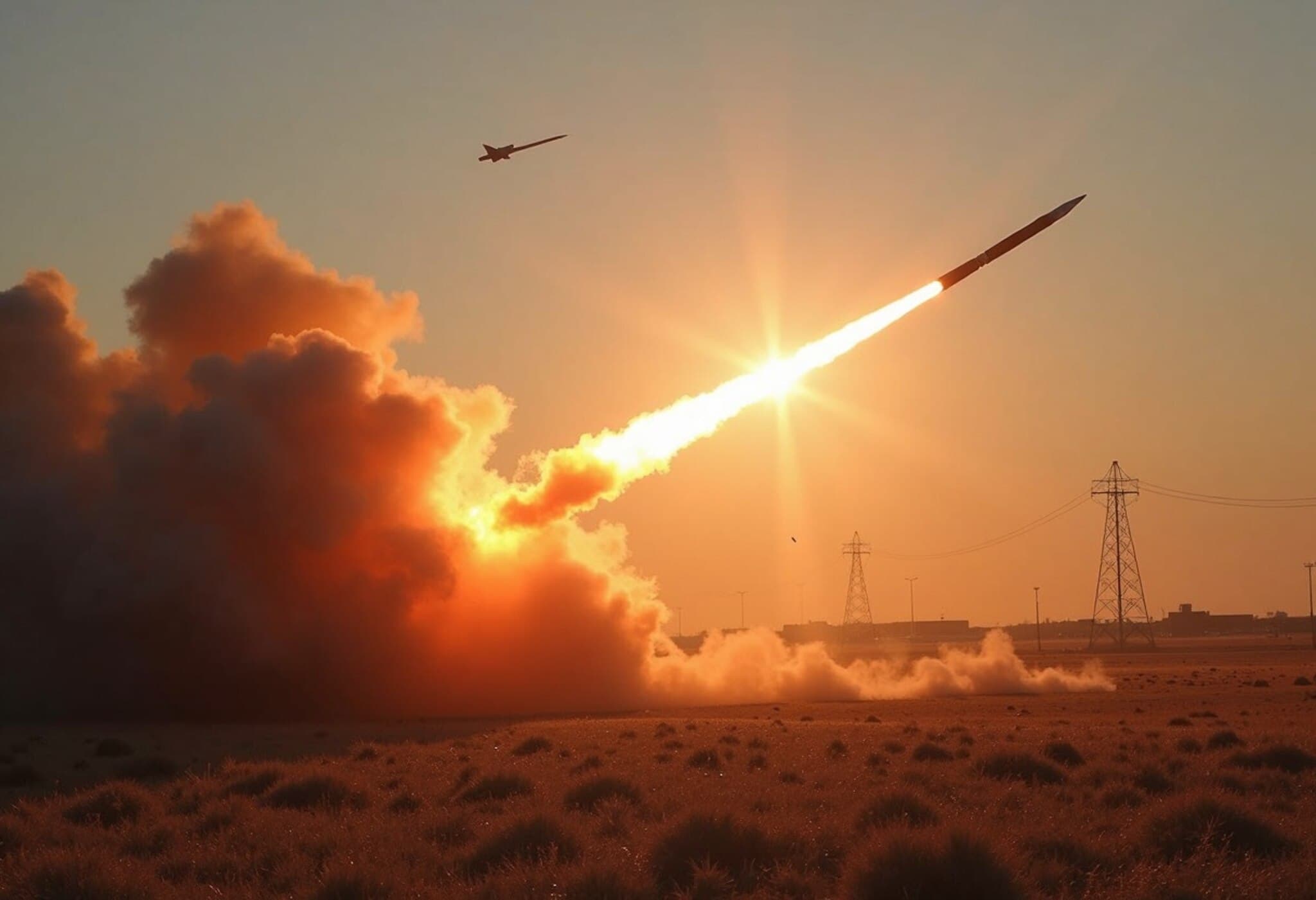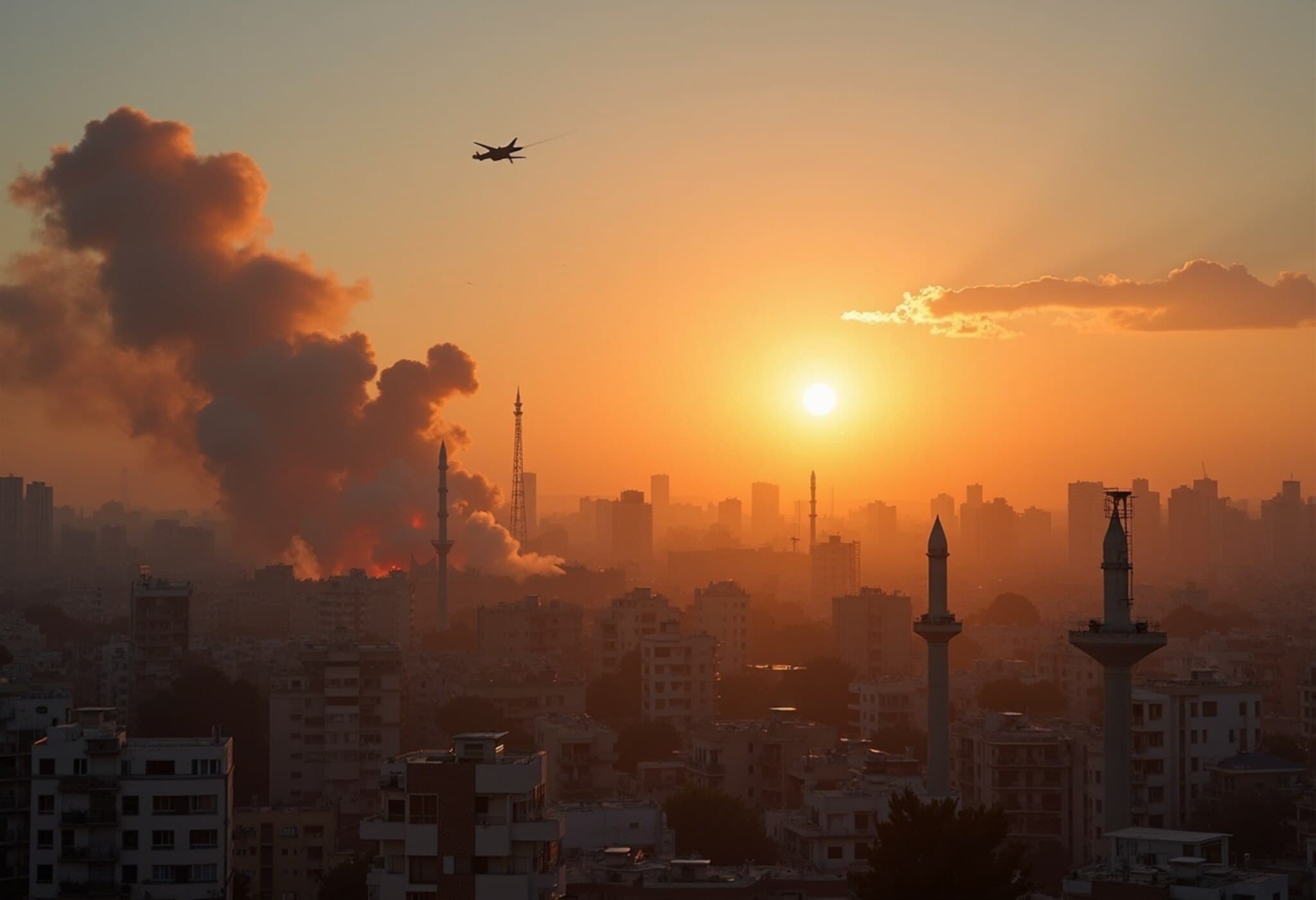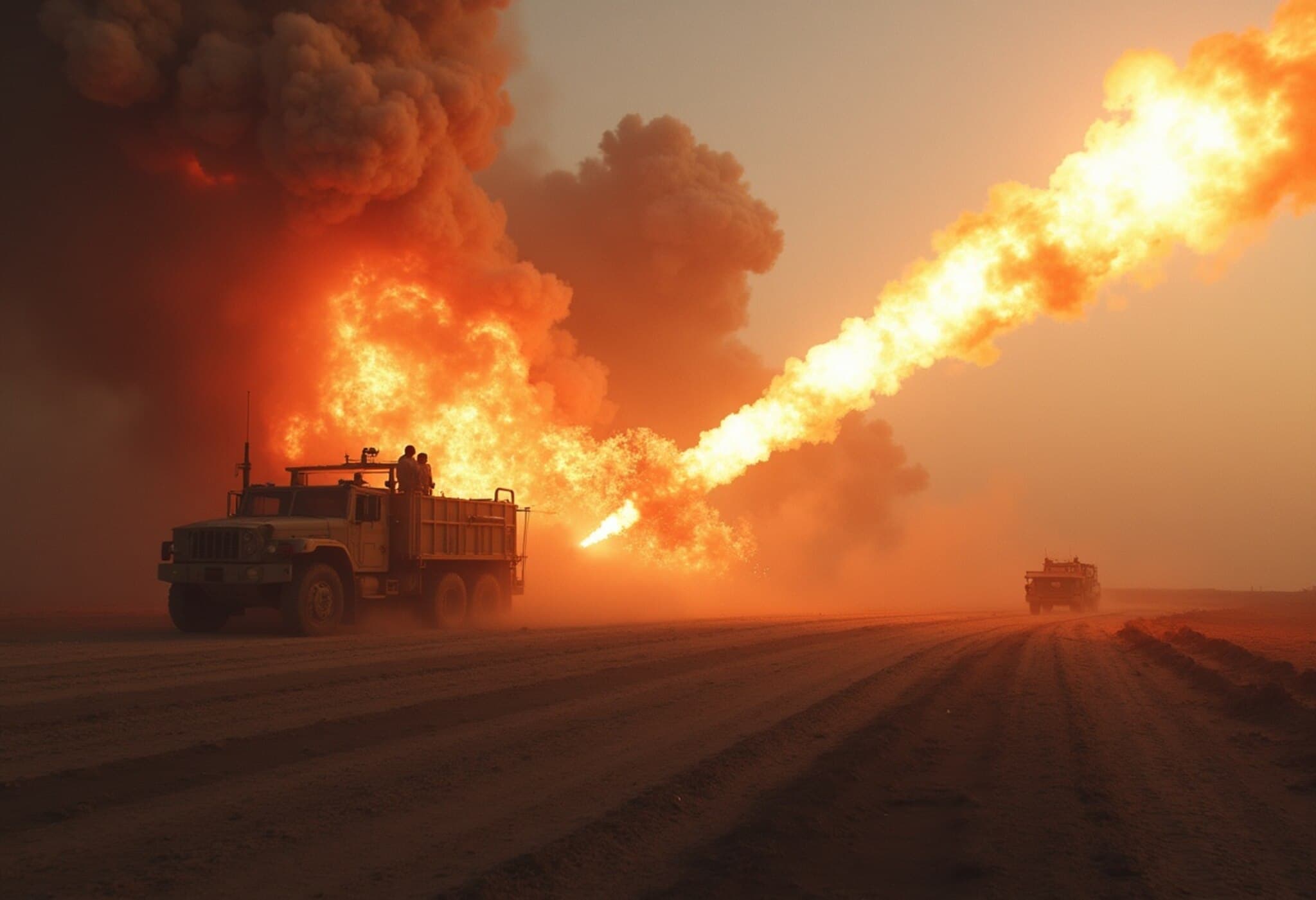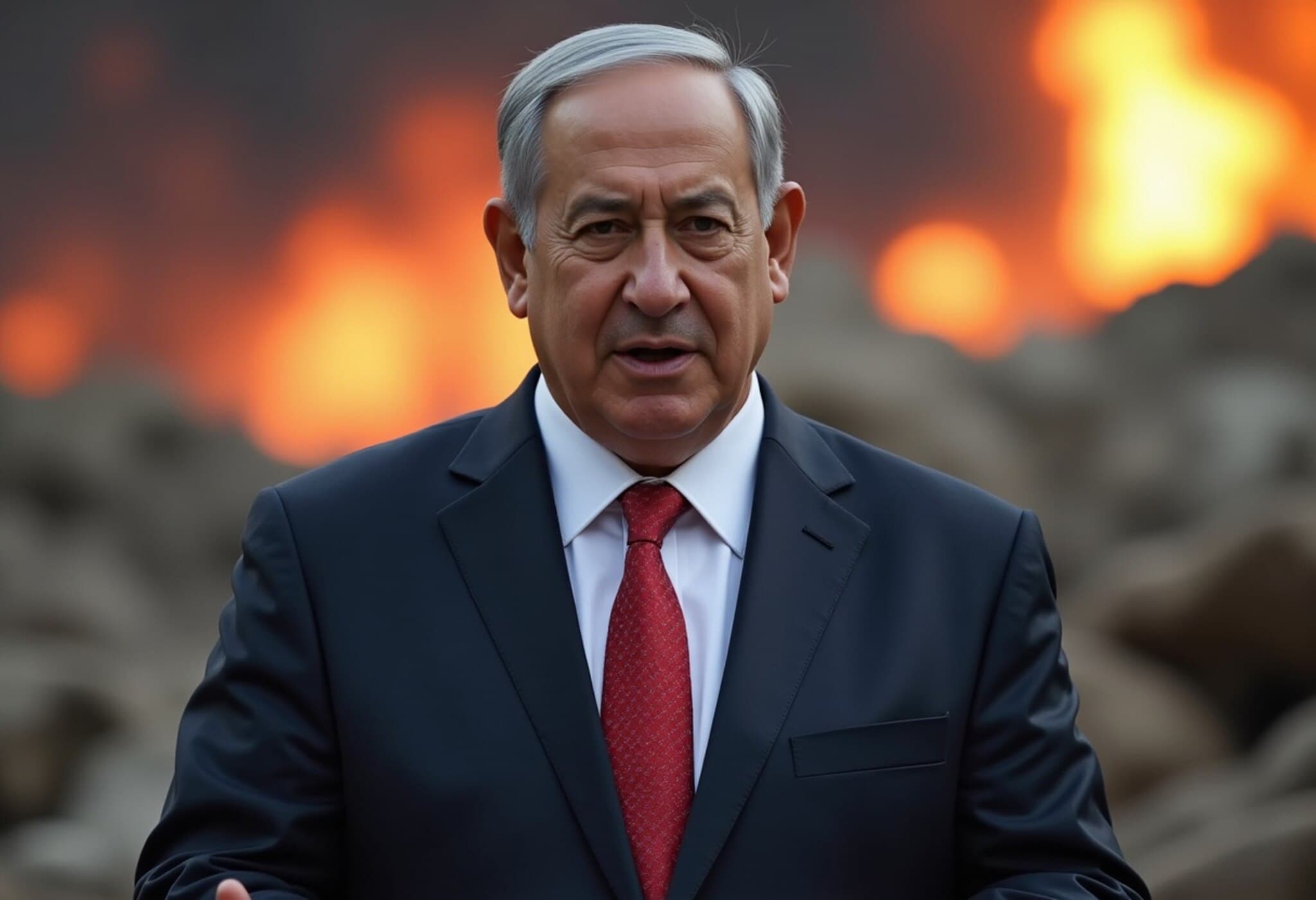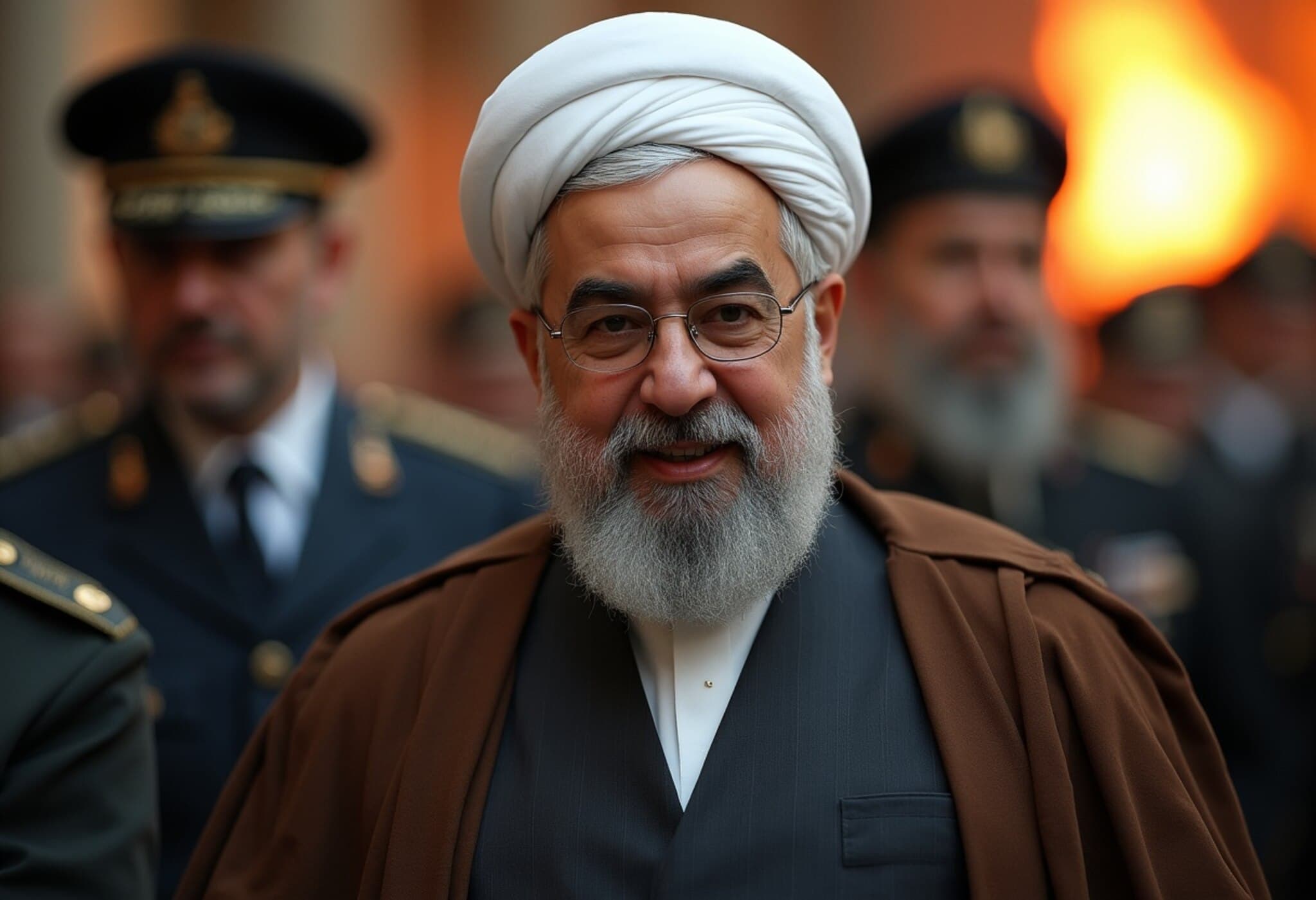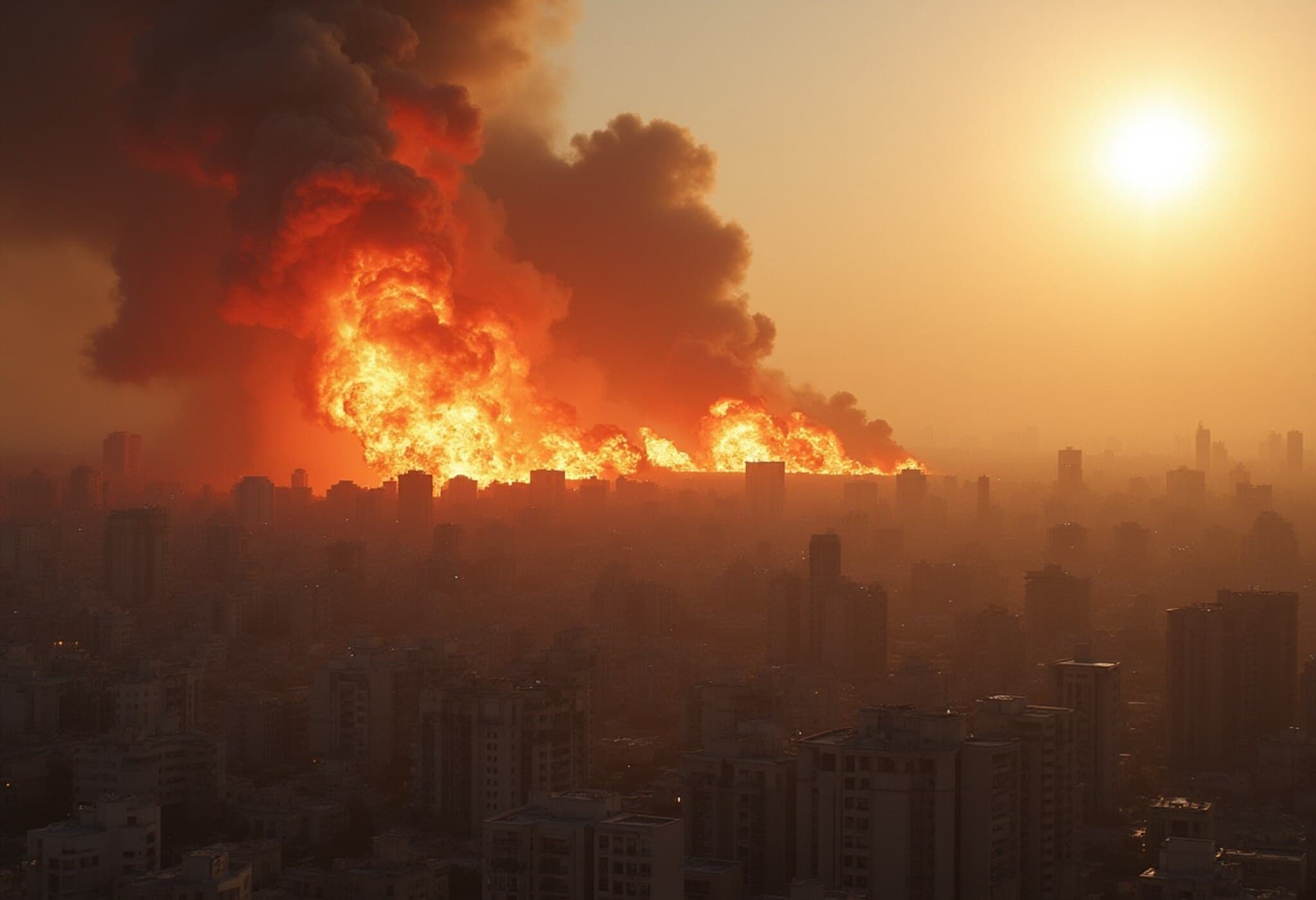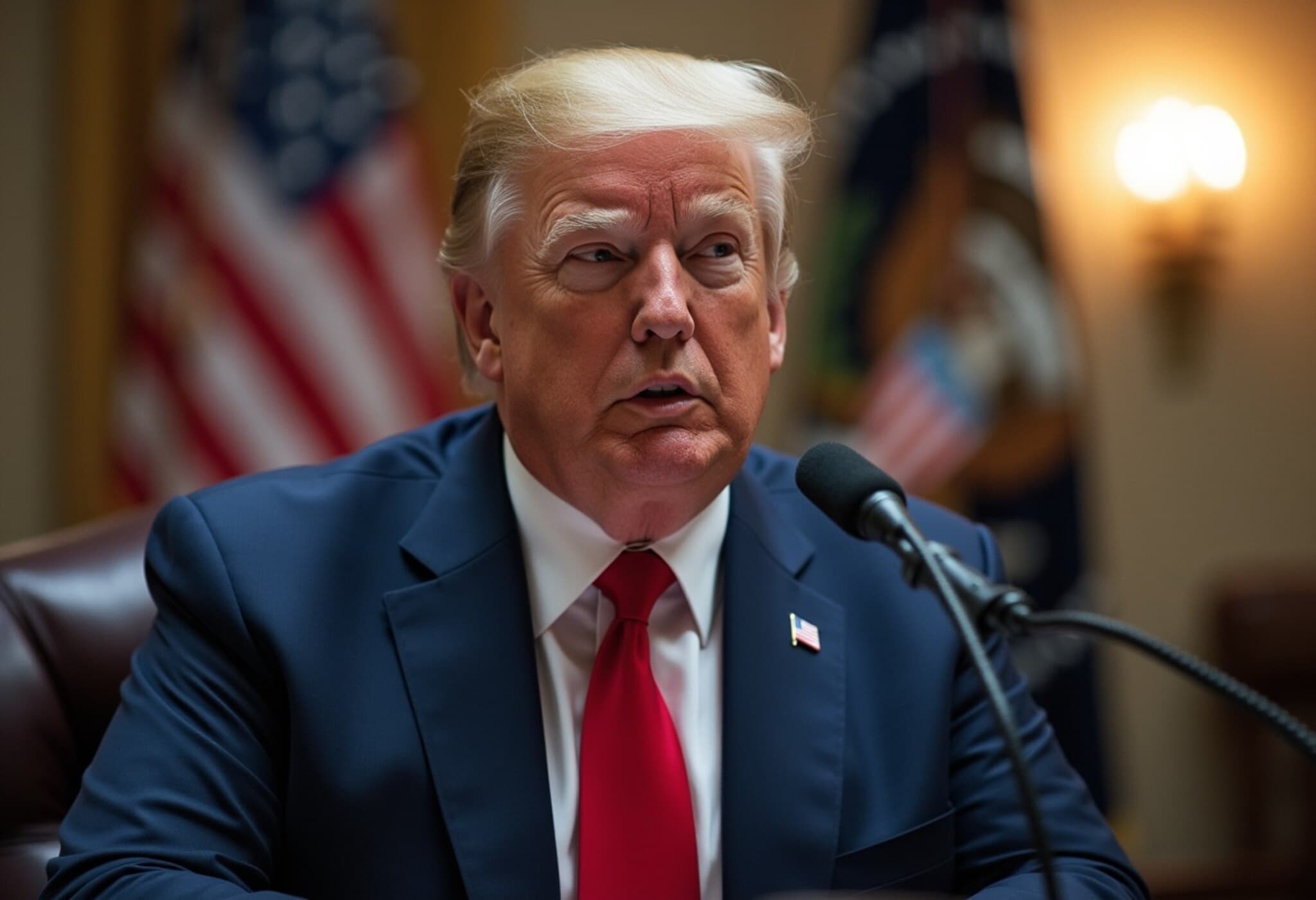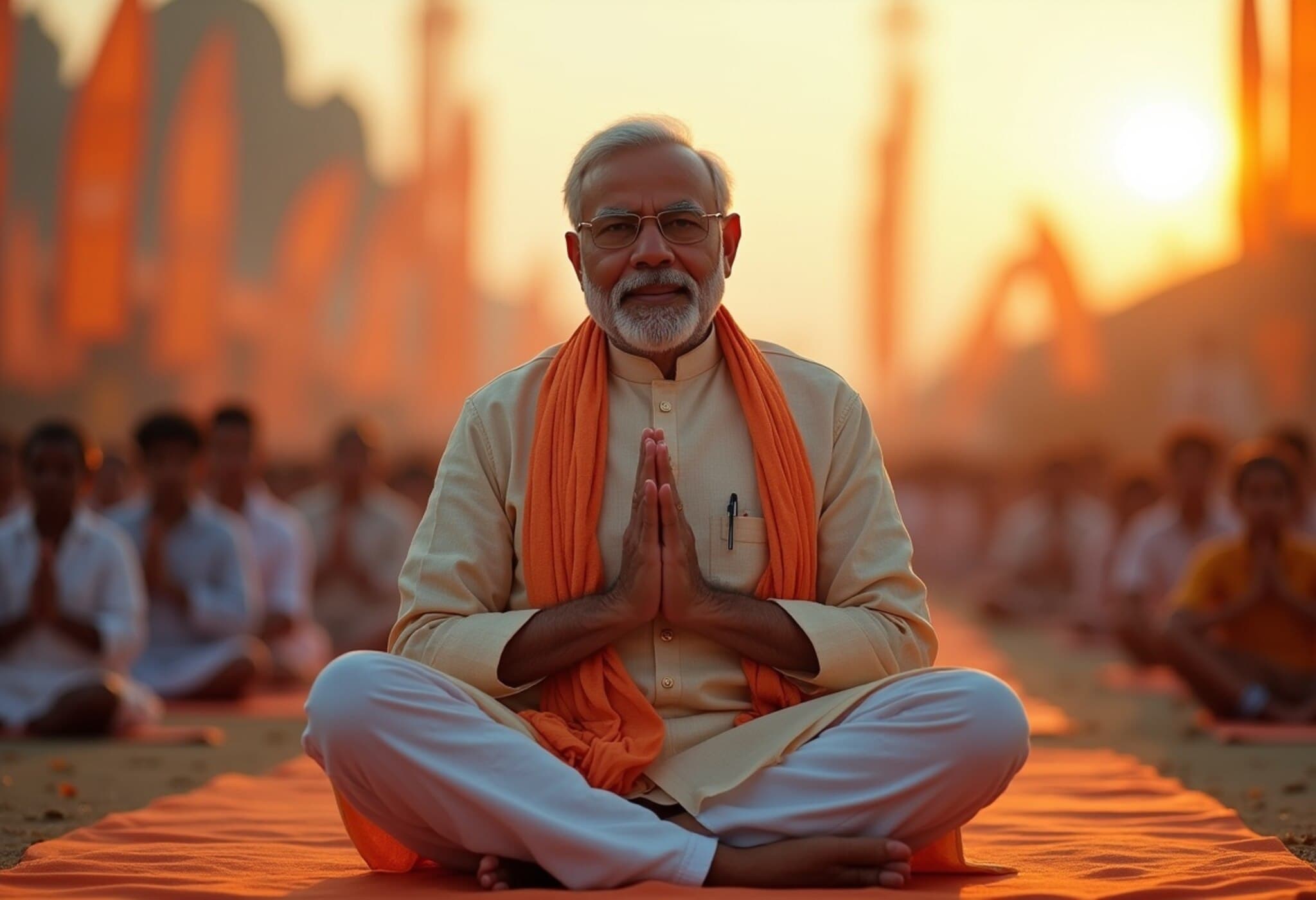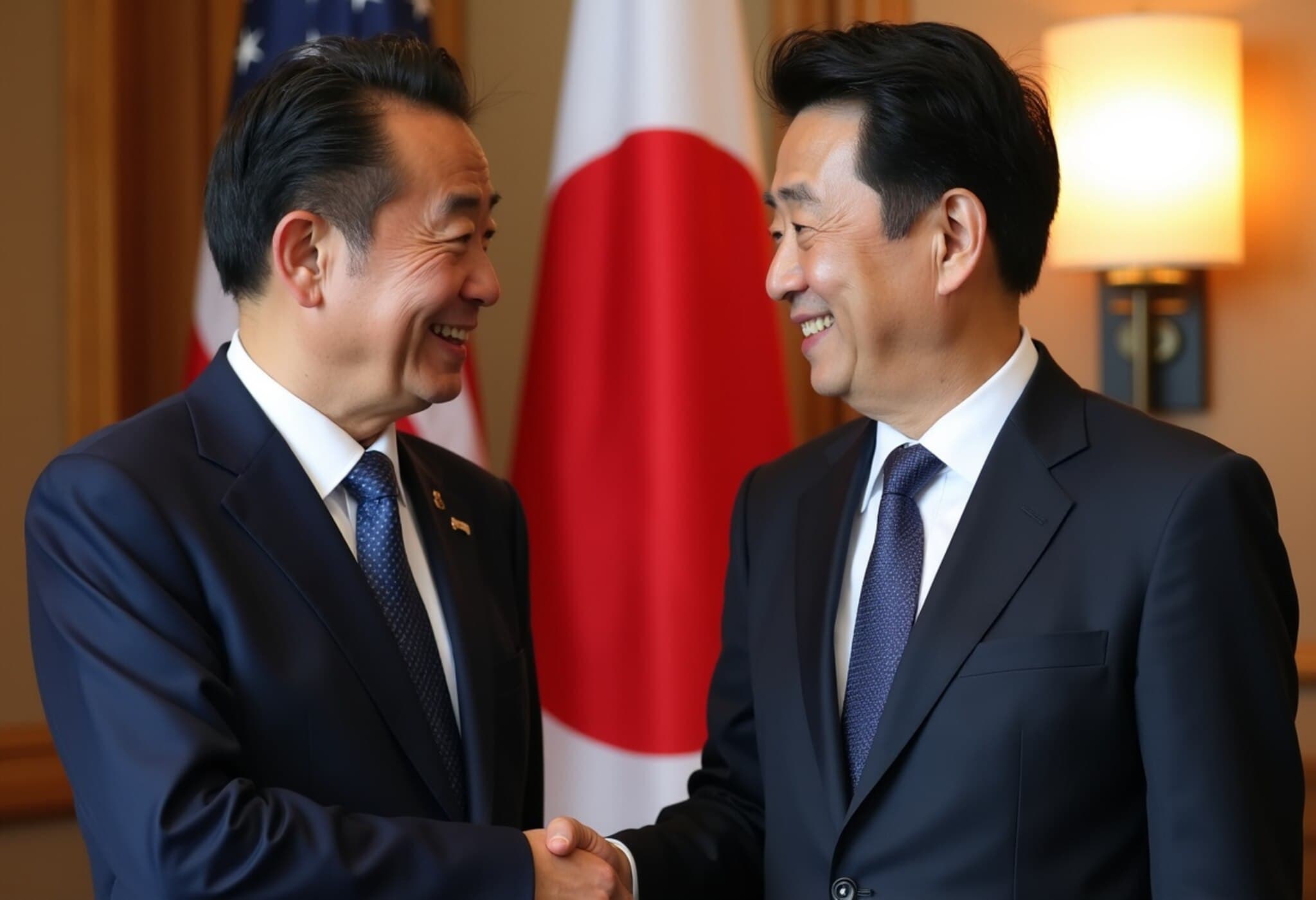Geneva Peace Talks Collapse Amid Rising Israel-Iran Tensions
After a week marked by relentless military strikes between Israel and Iran, recent peace negotiations held in Geneva have come to a standstill. Attempts by European intermediaries to mediate broke down, as both nations remain entrenched in their opposing stances, further fueling unrest across West Asia.
Ongoing Strikes Mark Second Week of Conflict
Since last Friday, Israel has launched a series of attacks targeting multiple Iranian military and nuclear installations, eliminating key figures in Iran's leadership. These bold assaults have been met with swift and retaliatory strikes from Iran, escalating the conflict.
Over the weekend, as the clashes intensified, Israeli forces struck missile depots and launch sites within Iran, reaffirming a strategy of sustained military pressure. Concurrently, Iran's response included launching missile barrages towards central Israel, triggering air raid sirens across areas including Tel Aviv and the Israeli-occupied West Bank.
Significant Targets and Casualties
- Iranian sources reported that Israel targeted the Isfahan nuclear facility, one of Iran's largest, though fortunately without causing hazardous material leaks.
- In the city of Qom, Israeli attacks destroyed a building, resulting in the reported death of a 16-year-old and injuries to two others.
- Israeli Defense Minister Israel Katz confirmed that strikes in Qom eliminated two commanders from the Islamic Revolutionary Guard Corps (IRGC), including one alleged to have financed and armed Hamas for the October 7 attacks.
Diplomatic Deadlock: Iran Rejects Further Nuclear Talks
Iranian Foreign Minister Abbas Araghchi has flatly ruled out any future nuclear negotiations unless Israel halts its military actions. Emphasizing Iran's nuclear program as peaceful, Araghchi condemned the Israeli strikes as violations of international law and underscored Iran’s commitment to defend itself.
“I make it crystal clear that Iran’s defence capabilities are non-negotiable,” Araghchi stated.
Meanwhile, Israel’s ambassador to the United Nations accused Iran of harboring a “genocidal agenda”, vowing that Israel’s military campaign against Iran's nuclear infrastructure will continue until those facilities are dismantled.
US Perspective and Escalation Risks
Adding complexity to the situation, former US President Donald Trump remarked that European efforts are unlikely to resolve the crisis, suggesting Iran prefers direct communication with the United States rather than Europe. He issued a stark warning, indicating that Iran has a maximum window of two weeks to avoid potential US air strikes.
This tense standoff leaves the region grappling with escalating violence and little hope of imminent diplomatic resolution.

